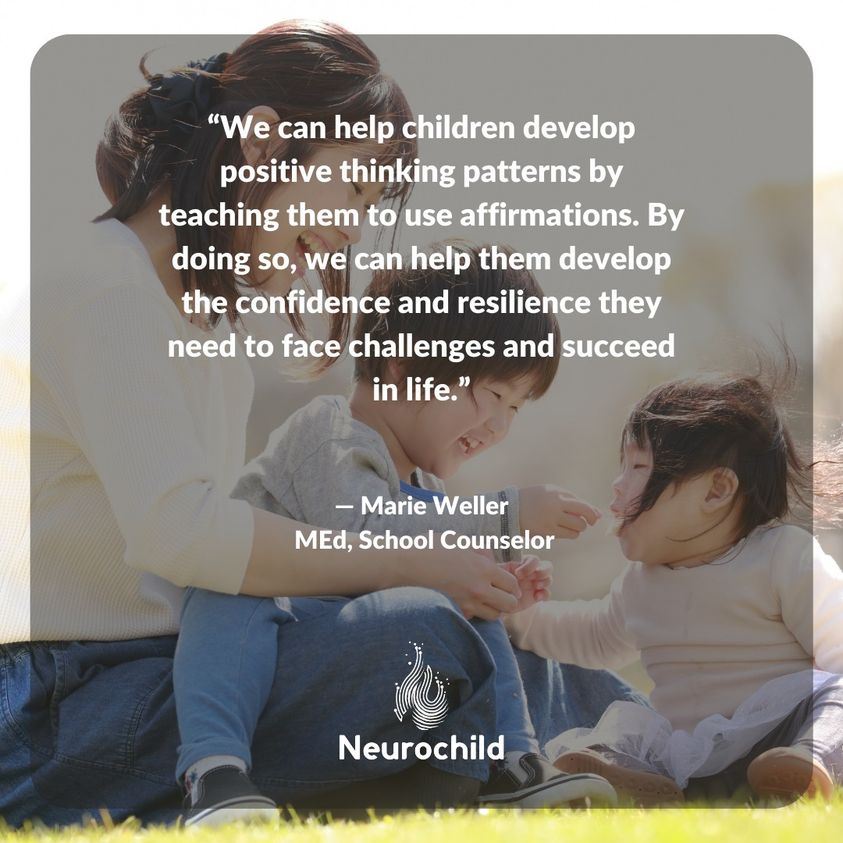What is mindfulness?
Professor Mark Williams, former director of the Oxford Mindfulness Centre, is quoted on the NHS website defining mindfulness:
“It’s easy to stop noticing the world around us. It’s also easy to lose touch with the way our bodies are feeling and to end up living ‘in our heads’ – caught up in our thoughts without stopping to notice how those thoughts are driving our emotions and behaviour. An important part of mindfulness is reconnecting with our bodies and the sensations they experience…Another important part of mindfulness is an awareness of our thoughts and feelings as they happen moment to moment. It’s about allowing ourselves to see the present moment clearly. When we do that, it can positively change the way we see ourselves and our lives.”
Williams (2018) www.nhs.uk
Read more here
Pruess, a child therapist, believes that mindfulness can have life changing benefits for children including:
- Strengthens self-control.
- Lower’s anxiety and stress.
- Increases positive moods.
- Better decision making.
- Improves emotional regulation skills.
- Increases self-esteem.
- Improves health and body Image.
- Improves social skills and communication
(Pruess, www.parentswithconfidence.com/mindfulness-with-kids)
You might want to give it a try with the video below! It’s a short mindfulness video for children which explains how we are separate from our feelings and how we can observe our feelings rather than be overwhelmed by them.

Read: Solution Focused Practice. A toolkit for working with children and young people.
NSPCC
This toolkit was developed by NSPCC practitioners and gives lots of practical ideas in conducting solution-focused work with children and young people aged 5 – 19 years old. This will give you an idea of how this work can look in practice.







